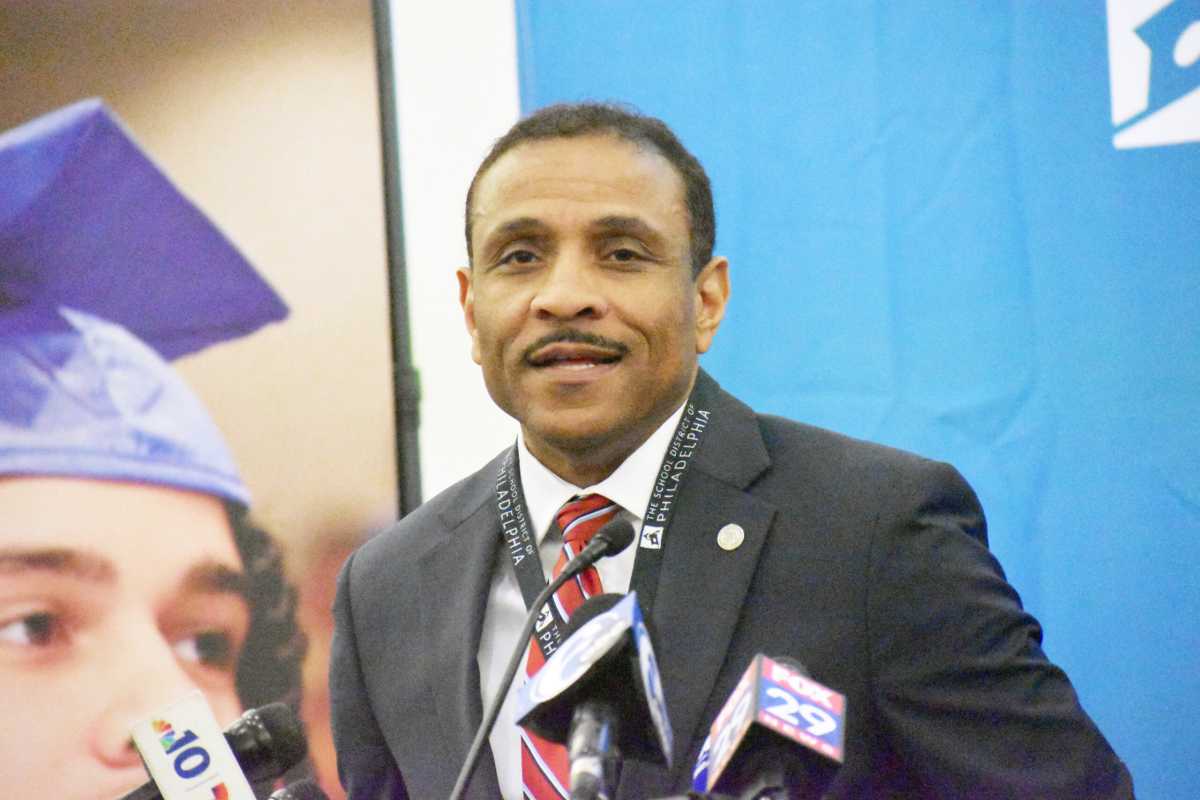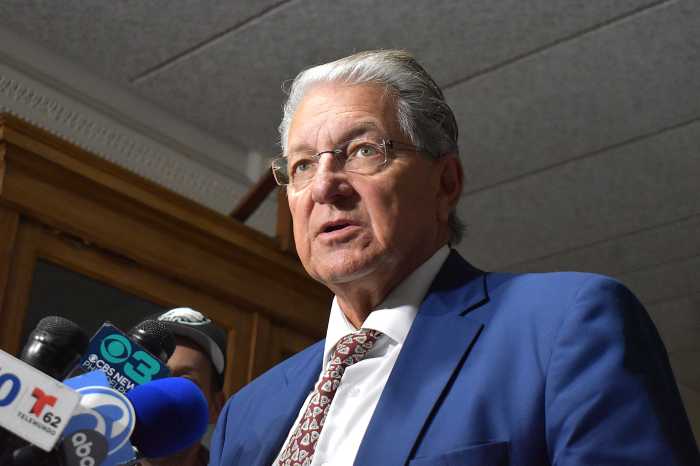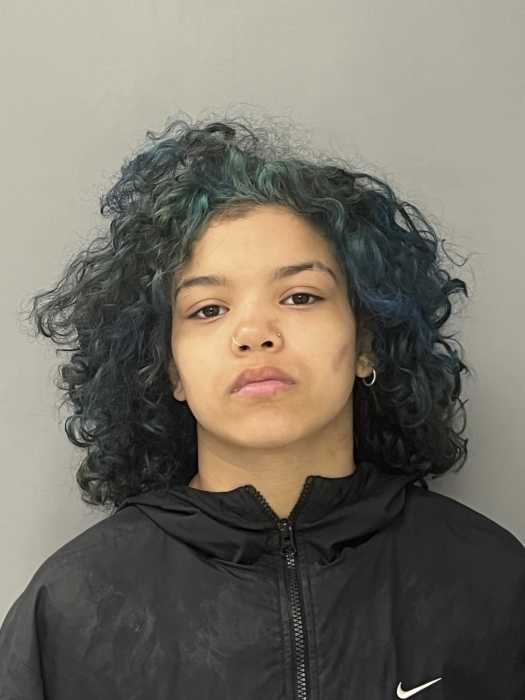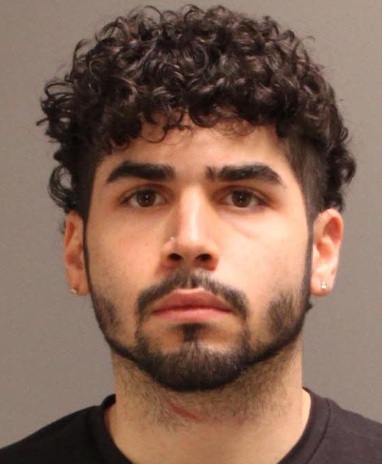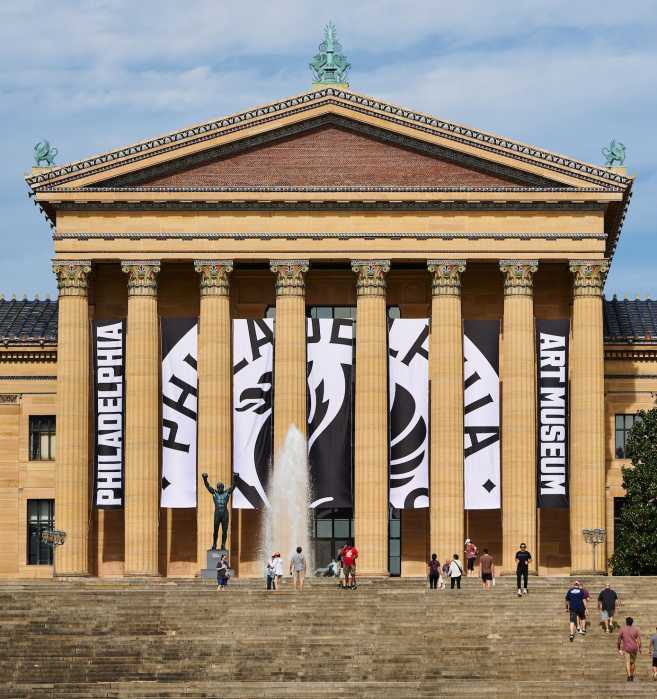As city public school students return to class Monday, Superintendent Tony Watlington Sr. feels the School District of Philadelphia has some momentum – “wind behind us, kind of moving us forward,” as he put it.
Watlington, who is entering his third academic year in charge of the system, noted improvements to student attendance numbers and dropout rates.
Schools are opening this week with a new English Language Arts curriculum, and Watlington has promised to enhance communication between families and the district through a new tracking system designed to improve response times.
Another priority this year, he said, is building stronger partnerships with parents, by deploying assistant superintendents from the district’s North Broad Street headquarters into regional offices.
A year-round, extended-day program is being tried in 20 public schools (along with five charters), and Watlington plans to relaunch Parent University, an initiative aimed at supporting families through educational sessions.
Watlington sat down with Metro for a one-on-one interview ahead of the new school year.
The following conversation has been edited for brevity and clarity.
What should parents know about this new ELA curriculum?
They should know, No. 1, it’s being launched in all of our schools. So that if Tony Watlington leaves School A on Friday, and if I show up in School B on Monday or Tuesday, I don’t have to learn a new curriculum.
No. 2, they need to know that this curriculum was picked because it’s one of the best in the United States. I want them to know that we are really insisting that all children in Philadelphia have the very best learning materials in the classroom.
The third thing I want to say to our parents is, please be patient with our teachers, because they are learning a new curriculum. Let’s thank our teachers. Let’s give them a pat on the back. Let’s say we appreciate you opening your door to give our kids the best reading materials possible.
Year-round, extended-day school is one of Mayor Parker’s signature initiatives. Will that begin on the first day or be phased in over time?
We’ll be launching that the week of Sept. 3, right after Labor Day. We’re putting the finishing touches, and we’re preparing to get some letters out to the parents in those 20 schools.
And that programming will be free for parents?
It’s completely free for parents. Participation is voluntary. They have before and after school programming. They will have programming during the winter break, spring break and in the summer. Completely voluntary.
What we’re going to do in the school district is to take a close look at the attendance patterns to try to learn what is popular with students and their families. We will also survey our parents and students about their satisfaction levels, because this will let us know what are the kind of things to continue to invest resources in.

Last year, there were high profile shootings near Northeast High School and Imhotep Charter. How is the district trying to keep kids safe, particularly outside of the school building?
As I follow the news in Philadelphia, I’m clear, not just as a superintendent, but as a resident of the city, that violent crime is decreasing in Philadelphia.
In the school district, we believe our part in helping to keep driving that curve down is to better educate our young people. Because we know when children read on grade level by third grade, when they’re able to get those math skills in the early grades, and when they have good attendance — regular attendance, which means 90% of the month, every month — they are less likely to be victims or perpetrators of violence, any kind of violence.
We rolled out a number of safety initiatives to include, but not limited to, things like 150 new cameras to schools throughout the city. We’ve expanded the number of Safe Path programs to make sure that people are paid, like IDAAY, to partner with us to help ensure that kids get home safely. We’ve expanded the safety zones in both the district and charter-operated schools where we pay police officers to have a greater presence in places where there’s been an uptick in violence.
We’re also investing in social and emotional and mental health resources for our young people. Kooth is an online resource available to middle and high school students who may be experiencing depression, anxiety, concerns about bullying, all of the above. It’s free of charge and it’s anonymous to us.
It’s one thing to invest a lot of resources in more police officers, more technology, more cameras, etc. On the other side of that nickel, we need to be investing in how our young people take care of their mental health and their emotional health, and how they build relationships with each other and with adults.
You have had a long career in education, but what have you learned from your first two years in Philadelphia?
I learned that Philadelphia can be a city that’s a little tough on itself. It takes a little time to build a little trust. I still believe it takes a long time to get what they call the “Philly card.” But I’m committed, if the mayor and the school board will have me, to stay for the long term and continue the good work that we’re doing.
I’ve also learned that, although there’s this tough exterior that sometimes some Philadelphians display, if they get to trust you and believe that you have their best interests at heart, I really believe that Philadelphians are some of the most welcoming people of any big city in the country.

Where’s the district in trying to get all or most schools air conditioned?
We are clicking those schools off one at a time. Seven more down this summer that were air conditioned thanks to that $200,000 gift from Jalen Hurts. Still working on three of the others out of that 10.
I think we have some 63 schools that still don’t have adequate air conditioning such that, if the temperature gets too warm, we have to let students go home early. Our commitment is to inform parents of those kind of scenarios at least 24 hours in advance, if not sooner.
There’s been talk about a nationwide teacher shortage, with fewer people in Pennsylvania graduating with teaching degrees. In light of that, how well-staffed is the district ahead of the first day of school?
We’ve got 96% of our teachers hired for the school year. The context is, there’s a 71% decline in the number of people who are getting teaching degrees in public or private universities in the commonwealth of Pennsylvania, compared to about a 50% decline across the nation.
Our commitment, though, is on the first day of school, the first week of school, to have a competent and caring adult in all of our classrooms, which means that we’ll have to reallocate and repurpose. Some of our district staff will have to deploy out to schools, and some of our staff in the schools who are not classroom teachers but have some credentials – we’ll have to use them in some of our classrooms.
I know it’s a large school system. So, even with only a 4% vacancy, how many positions are unfilled?
We’ve got 9,000 teachers. So we’re talking about having to make arrangements for some nearly 400 teaching slots.



